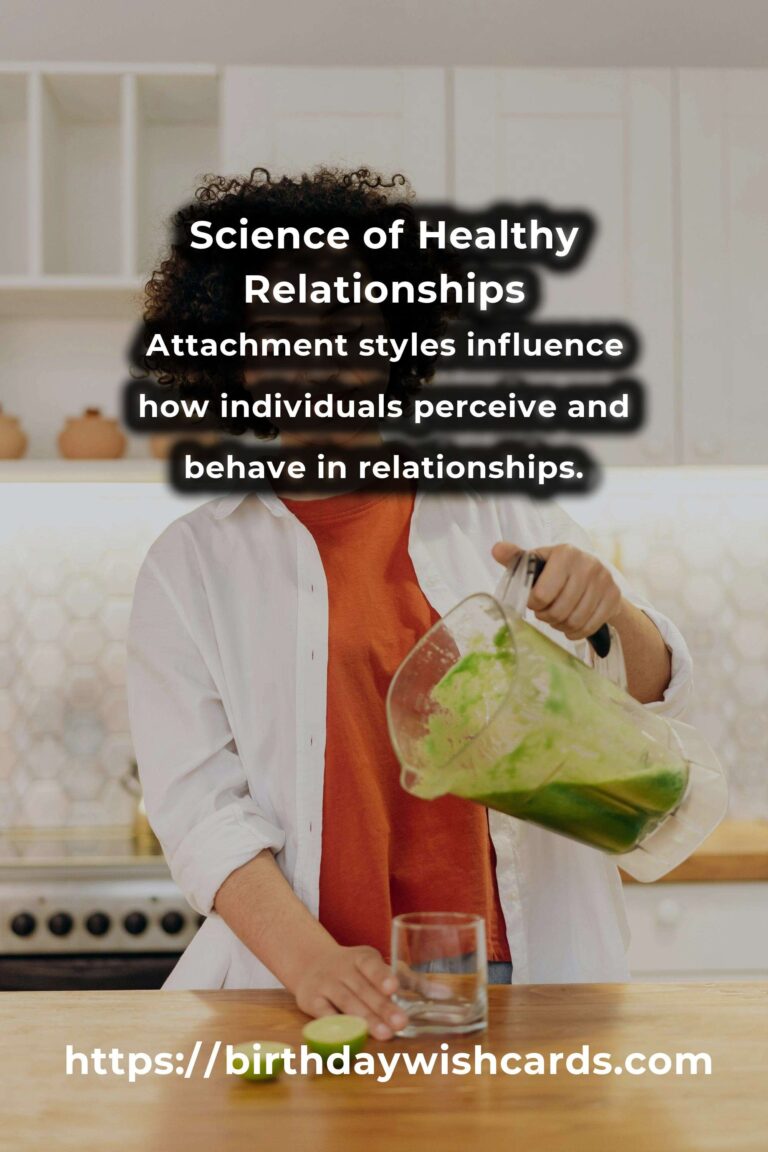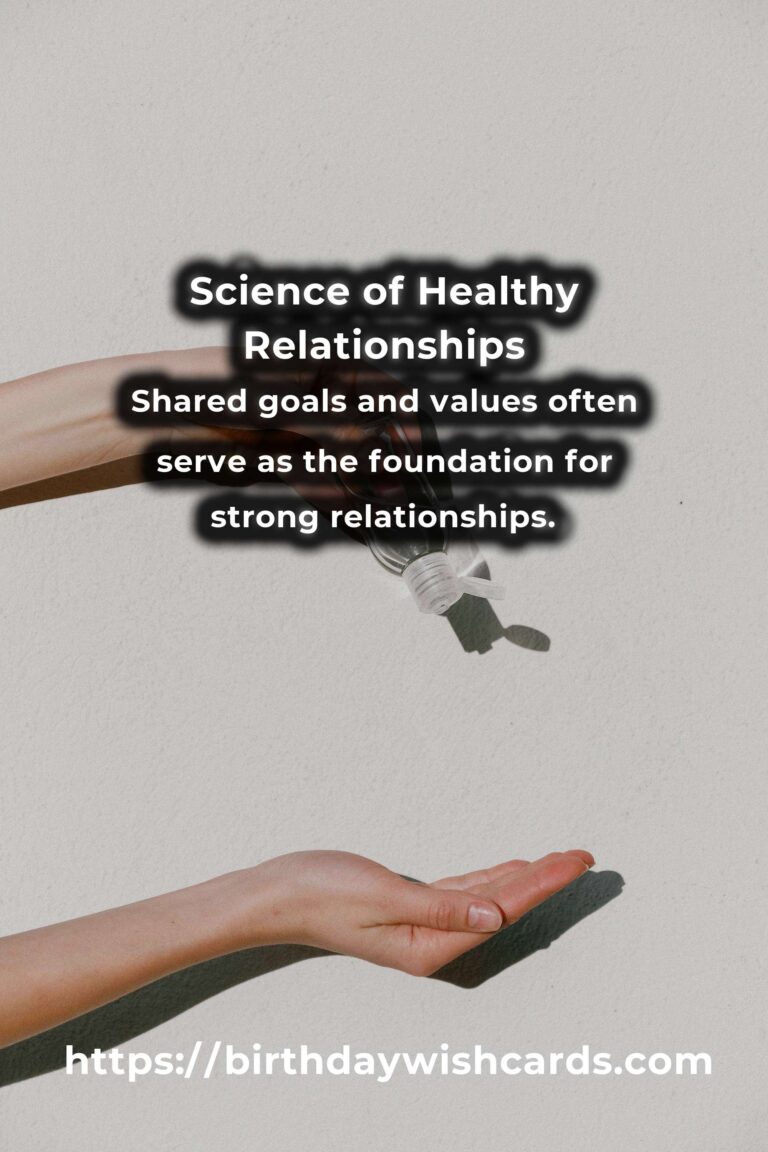
Healthy relationships are often seen as the cornerstone of a fulfilling life. Whether it’s with family, friends, or romantic partners, the quality of our relationships can significantly impact our overall well-being and happiness. But what makes some relationships appear effortless and healthy? Let’s delve into the science behind these connections.
Understanding Emotional Intelligence
Emotional intelligence (EI) plays a crucial role in fostering healthy relationships. It refers to the ability to understand and manage your own emotions and the emotions of others. People with high EI are often more empathetic, better communicators, and more adept at resolving conflicts. This makes it easier for them to maintain harmonious relationships.
Research has shown that emotional intelligence can be developed and improved over time. By practicing self-awareness, empathy, and effective communication, individuals can enhance their EI, leading to more effortless and positive interactions.
The Role of Communication
Communication is the lifeblood of any relationship. It involves both verbal and non-verbal cues, and effective communication can prevent misunderstandings and build trust. In healthy relationships, partners feel comfortable expressing their needs and feelings without fear of judgment.
Studies suggest that active listening and open-ended questions are key components of effective communication. By genuinely listening to your partner and encouraging open dialogue, you can create a safe space for honest exchanges, which is essential for maintaining a healthy relationship.
Attachment Styles and Their Impact
Attachment theory, developed by psychologists John Bowlby and Mary Ainsworth, provides insight into how our early relationships with caregivers shape our interactions as adults. There are four primary attachment styles: secure, anxious, avoidant, and disorganized. Each style influences how individuals perceive and behave in relationships.
Secure attachment is often linked to healthier relationships, as individuals with this style are typically more trusting and comfortable with intimacy. Understanding your attachment style and that of your partner can help you navigate challenges and foster a more effortless connection.
The Importance of Shared Goals and Values
Shared goals and values often serve as the foundation for strong relationships. When partners align on core beliefs and aspirations, they are more likely to support each other’s growth and work collaboratively towards common objectives.
Research indicates that couples with shared values experience greater satisfaction and stability in their relationships. This alignment fosters a sense of partnership and unity, contributing to an effortless bond.
Maintaining a Balance of Independence and Togetherness
While togetherness is vital, maintaining a sense of independence is equally important in healthy relationships. Partners who respect each other’s individuality and personal space tend to experience greater satisfaction.
Balancing personal interests with shared activities allows individuals to grow personally while nurturing the relationship. This balance prevents feelings of suffocation and promotes long-term stability.
The Science of Forgiveness and Conflict Resolution
Conflicts are inevitable in any relationship, but how they are handled can make a significant difference. Forgiveness and conflict resolution are critical for moving past disagreements and maintaining harmony.
Research shows that couples who practice forgiveness and constructive conflict resolution techniques, such as staying calm and focusing on solutions, tend to have healthier and more resilient relationships.
The Power of Positive Reinforcement
Positive reinforcement involves recognizing and appreciating your partner’s efforts and qualities. This reinforcement can strengthen emotional bonds and increase relationship satisfaction.
Studies have found that expressing gratitude and acknowledging positive behaviors can enhance relationship dynamics. Simple acts of kindness and appreciation can go a long way in creating an effortless connection.
Conclusion
The science behind effortless healthy relationships underscores the importance of emotional intelligence, effective communication, and shared values. By understanding these elements and applying them in daily interactions, individuals can foster stronger, more fulfilling connections with their partners. Remember, while no relationship is entirely effortless, applying these scientific principles can certainly make them feel more natural and rewarding.
Healthy relationships are often seen as the cornerstone of a fulfilling life. Emotional intelligence plays a crucial role in fostering healthy relationships. Communication is the lifeblood of any relationship. Attachment styles influence how individuals perceive and behave in relationships. Shared goals and values often serve as the foundation for strong relationships. Maintaining a balance of independence and togetherness is vital in healthy relationships. Forgiveness and conflict resolution are critical for maintaining harmony. Positive reinforcement can strengthen emotional bonds and increase relationship satisfaction.
#HealthyRelationships #EmotionalIntelligence #Communication #AttachmentStyles #RelationshipGoals













